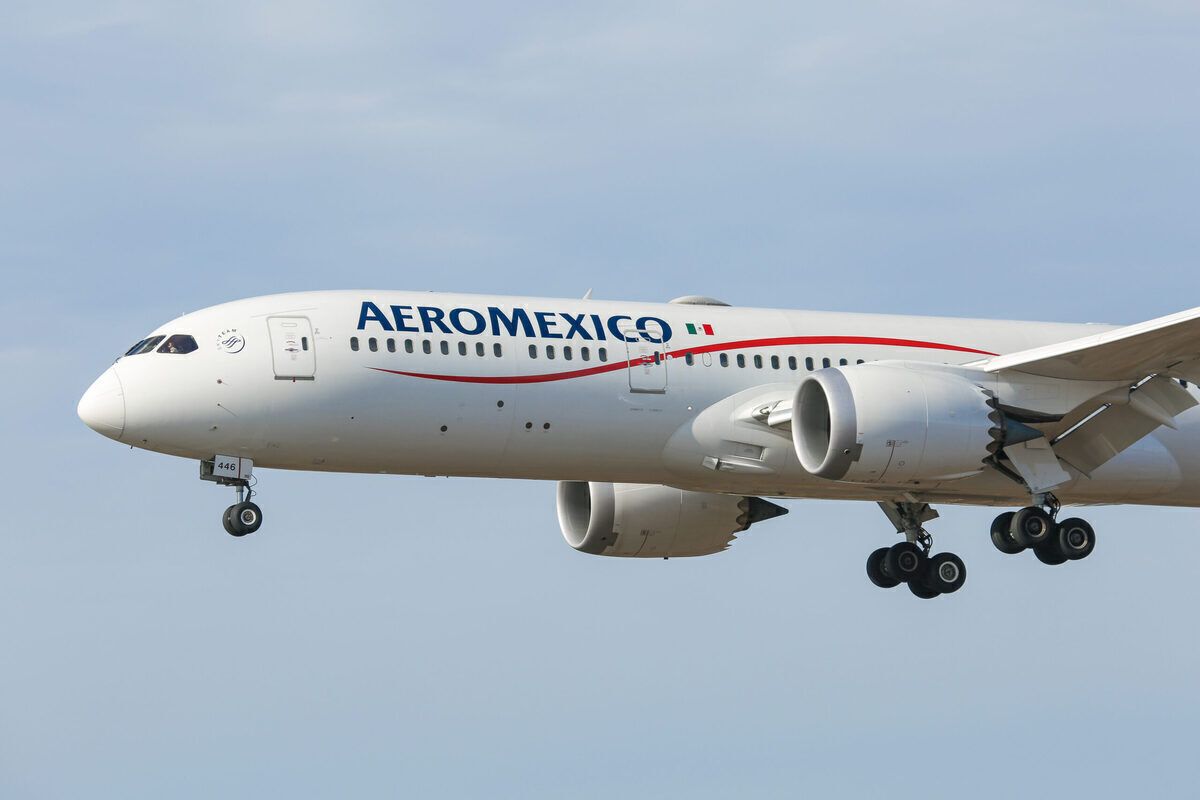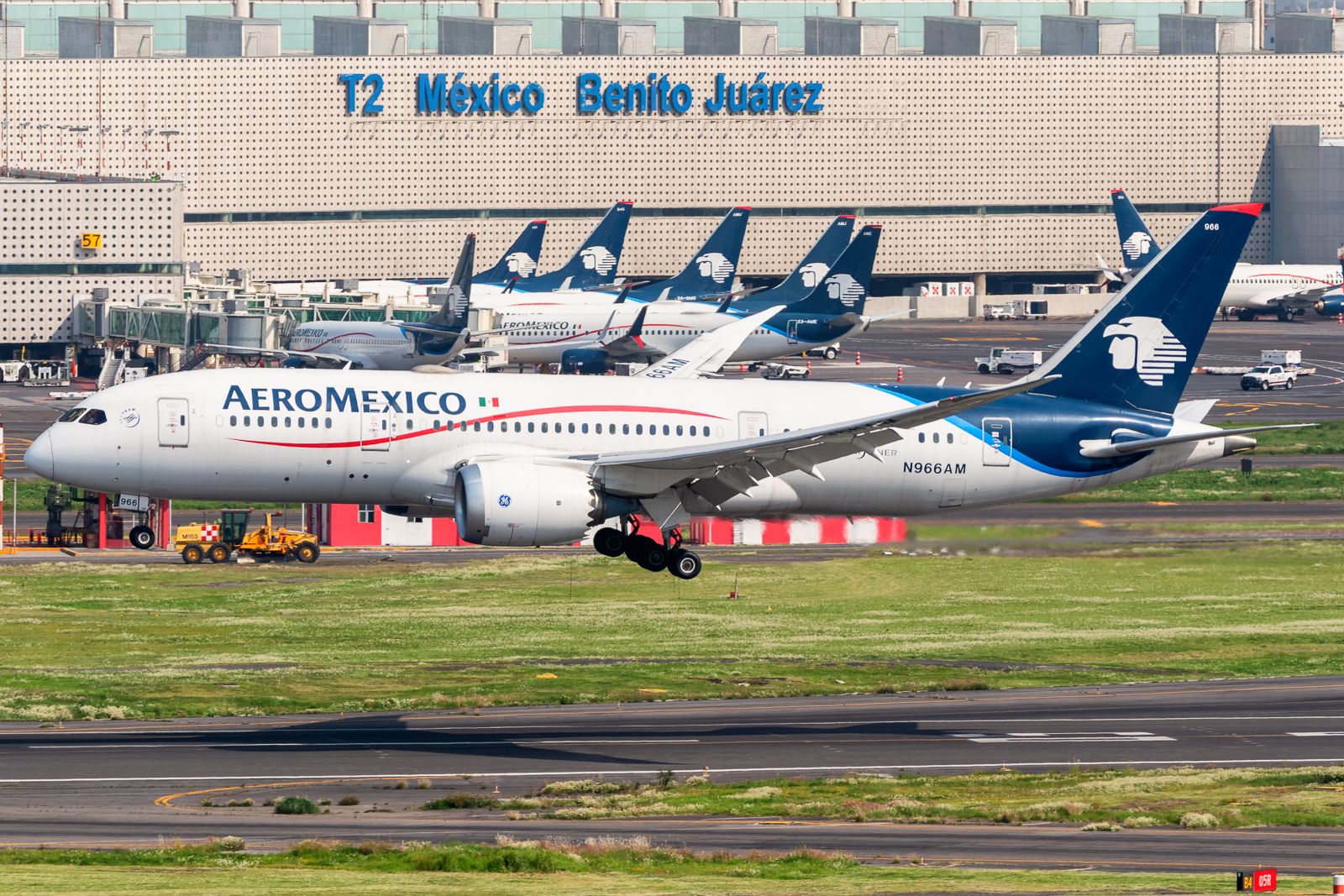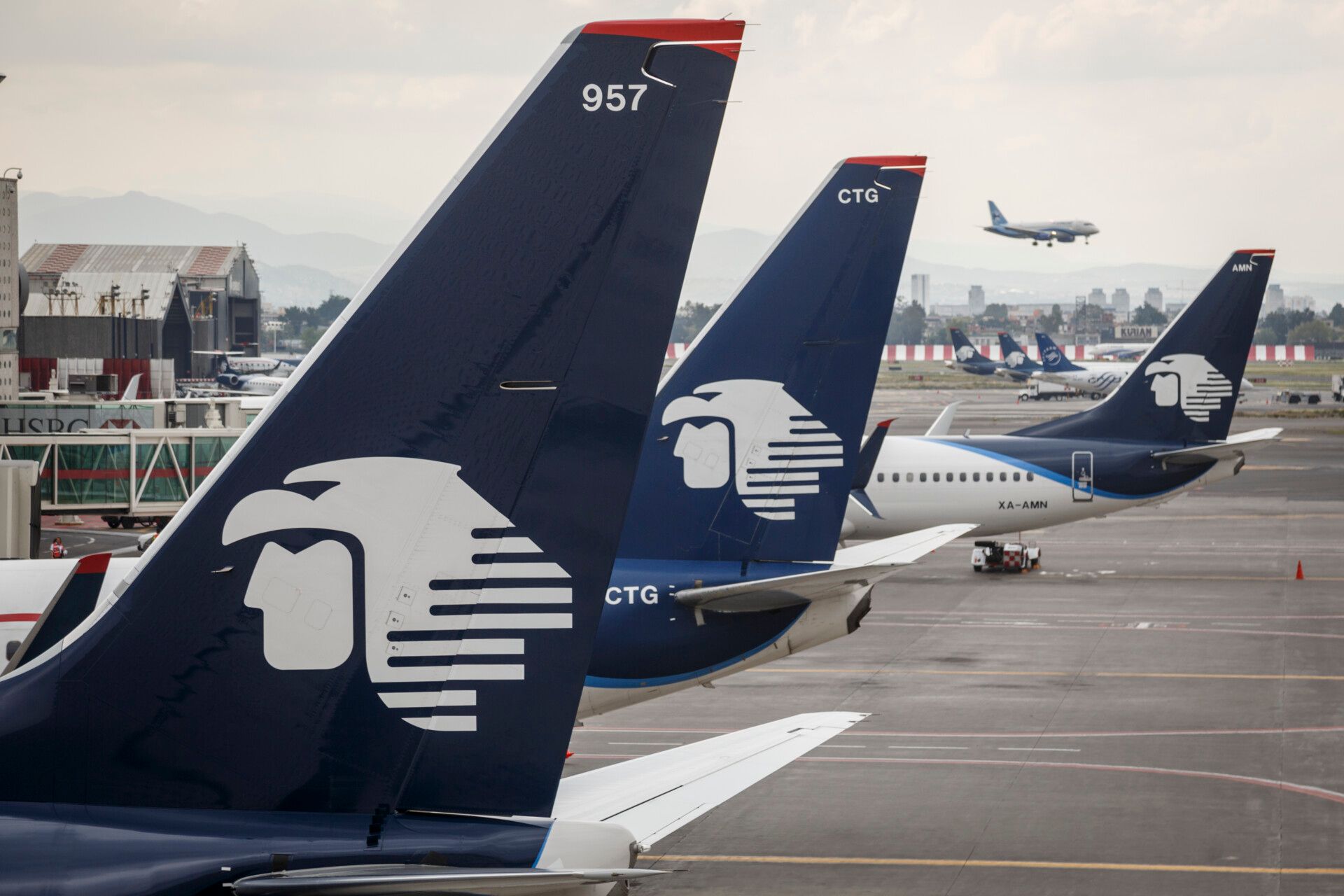Grupo Aeromexico is facing a new setback in its Chapter 11 in the United States. A group of unsecured creditors has filed an objection against Aeromexico, stating that it has given Delta Air Lines, Apollo, and a few other investors an unfair advantage and treatment on the opportunity to participate in the Exit Financing process. Let’s investigate further.
What are the creditors claiming?
According to the Ad Hoc Group of OpCo Creditors, Aeromexico’s Exit Financing is “the result of a flawed process rife with conflicts of interest.” It is being offered exclusively to a select group of equity holders, creditors, and investors, leaving on the outside the majority of Aeromexico’s unsecured creditors.
The creditors stated,
“The Exit Financing’s principal component is the allocation of the exclusive and valuable opportunity to participate in an equity financing to certain select parties.” According to the document, the select parties would provide Aeromexico with US$720 million of new equity.
Nonetheless, while the US bankruptcy code does not permit the unequal treatment of creditors, it seems Aeromexico is doing precisely that.
“Here, the Debtors skip the critical step of offering all creditors an opportunity to participate in the stock purchase.”
Aeromexico’s Exit Financing process
The Mexican carrier has been in a Chapter 11 process since June 30, 2020. It was the last among the three Latin American carriers to voluntarily file for relief under Chapter 11 of the Bankruptcy Code. Avianca was the first (and the first to exit the process earlier this week), and LATAM was the second one.
On October 13, 2020, Aeromexico announced a Debtor-in-Possession Financing for US$1 billion from Apollo. The DIP Financing has two tranches, one worth US$200 million and the second worth US$800 million.
Delta Air Lines acquired a significant portion (23%, or US$185 million) of the US$800 million Tranche. According to the OpCo Creditors, Tranche 2 DIP Lenders, including Apollo and Delta, benefit from the current Exit Financing plan. They can convert the Tranche 2 DIP Loans into equity in the reorganized Aeromexico on a dollar-for-dollar basis plus a 10% conversion exit fee.
“As such, holders of Tranche 2 DIP Loans were in the proverbial ‘driver’s seat’ with respect to any exit financing.” Therefore, Apollo, Delta, and other lenders have had “extraordinary influence in the Chapter 11”. They also may have economic incentives that do not necessarily align with Aeromexico’s best interest, said the unsecured creditors.
Aeromexico’s Reorganization Plan
Currently, Aeromexico is looking for the Court’s approval of its Reorganization and Exit Financing plans. The company aims to exit Chapter 11 in 2022’s first quarter approximately.
As stated before, the airline is looking for US$720 million in new equity. Delta is set to invest US$100 million. In the post Chapter 11 environment, the Joint Venture Agreement between Aeromexico and Delta will continue to be critical. Both carriers will keep on collaborating under the transborder alliance.
The Mexican flag carrier expects to be back in the black next year in terms of profitability. Moreover, Aeromexico’s profits will grow through 2025.
Fleet-wise, Aeromexico is looking to increase the number of aircraft it has to 154 by 2025 (compared to 122 currently).
What do you think about Aeromexico’s Exit Financing plan? Let us know in the comments below.



